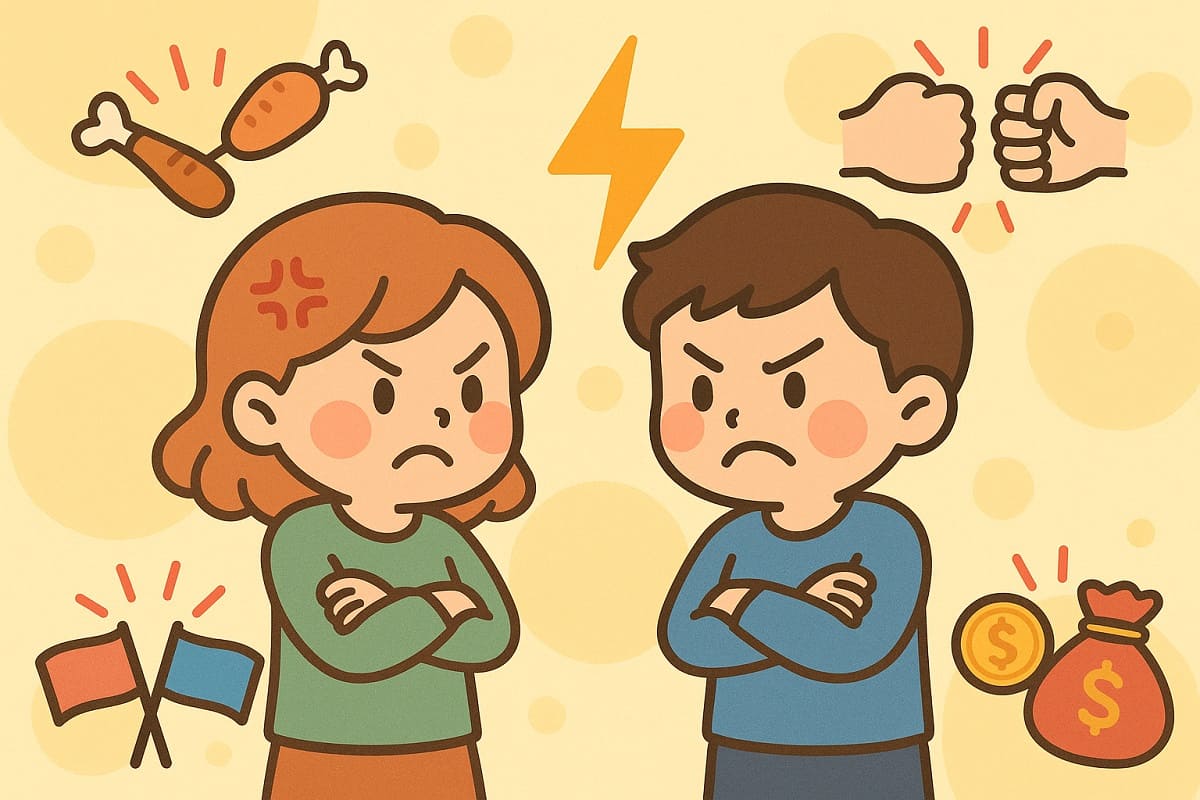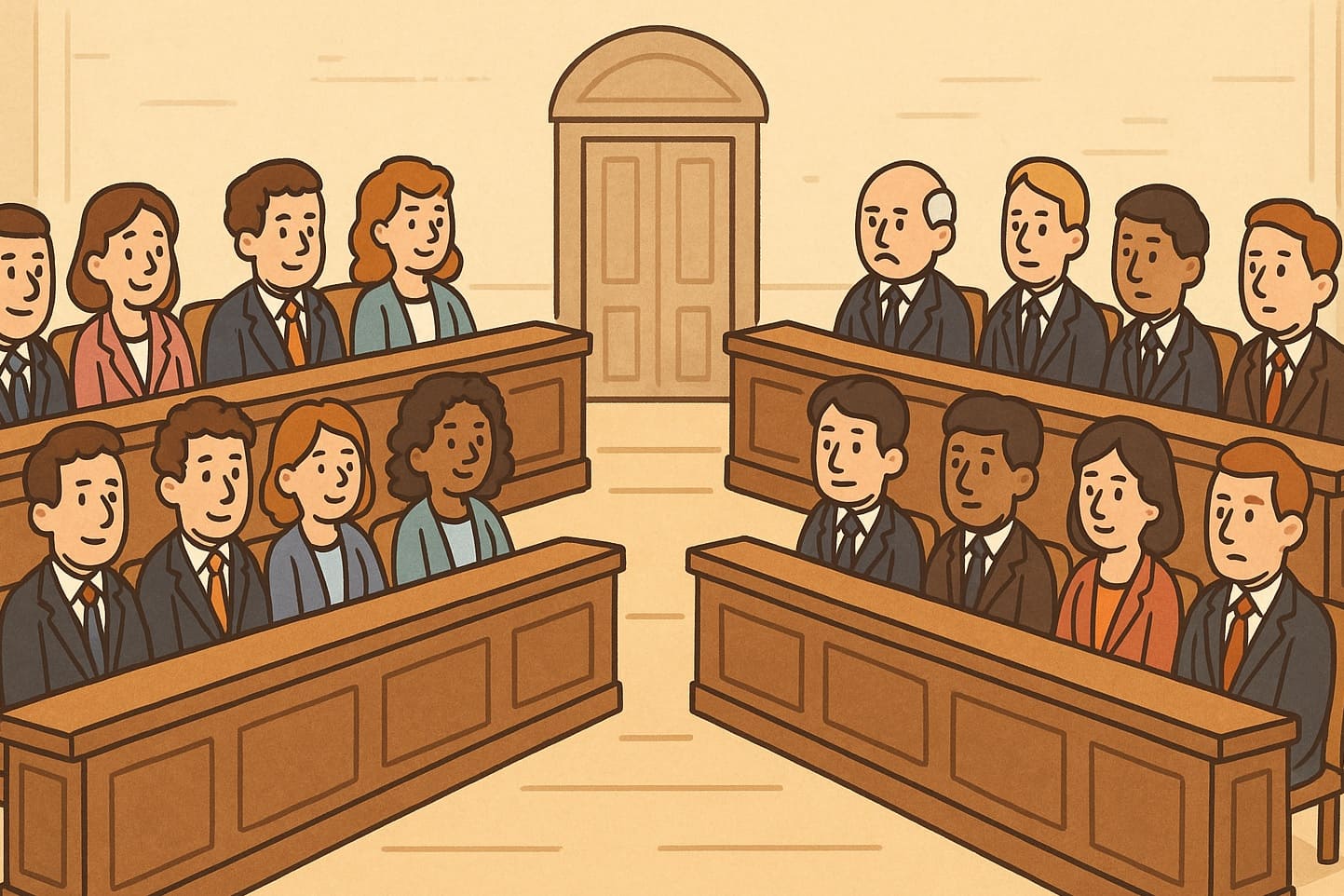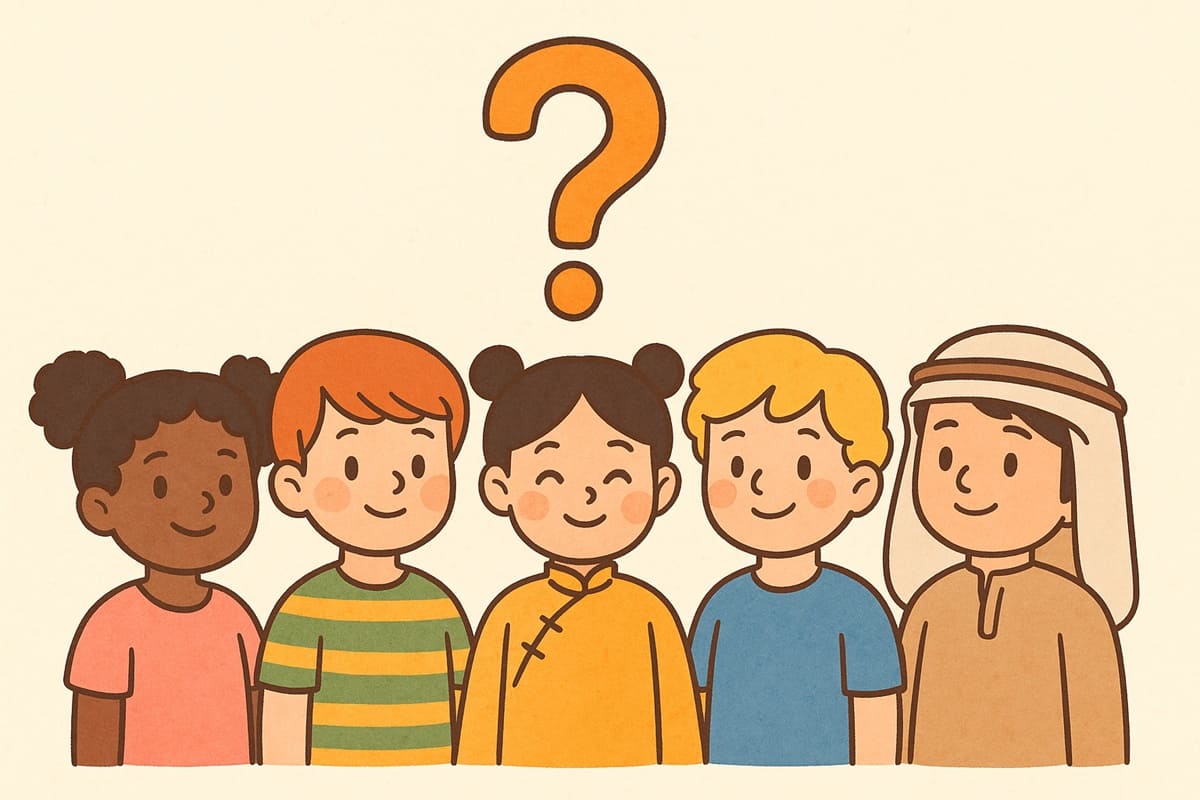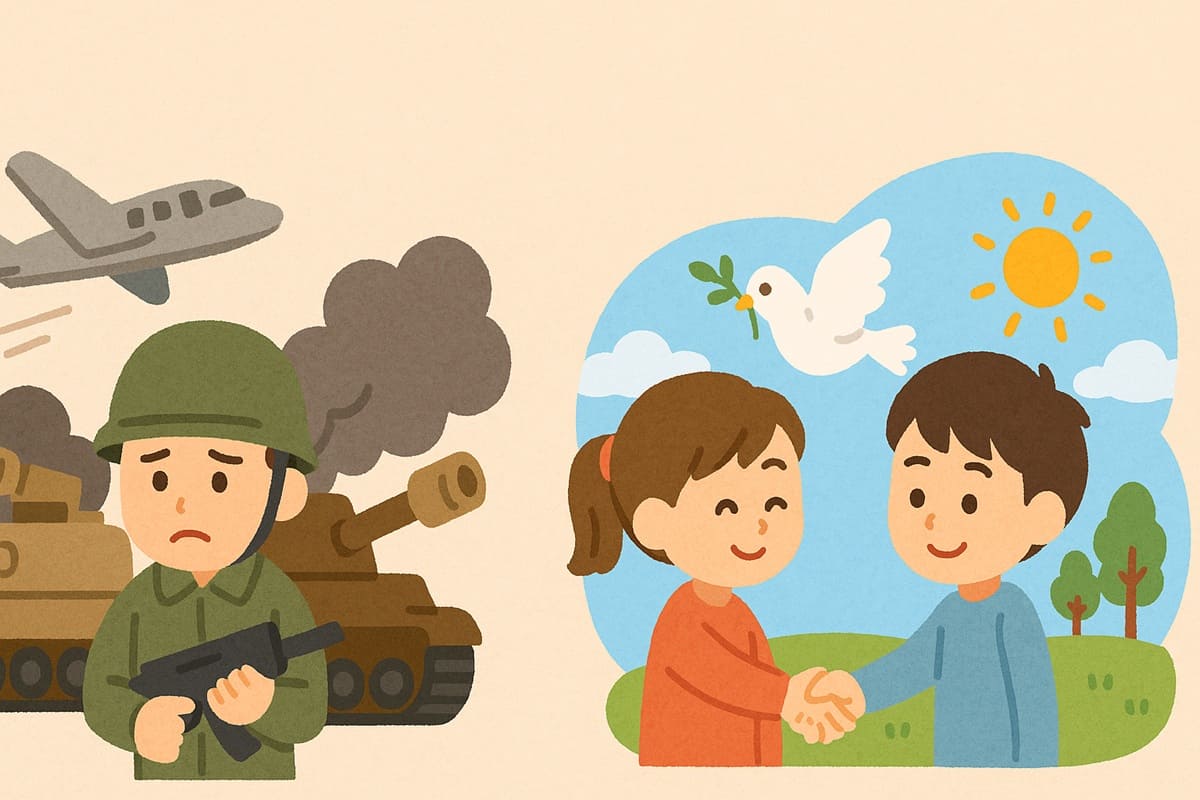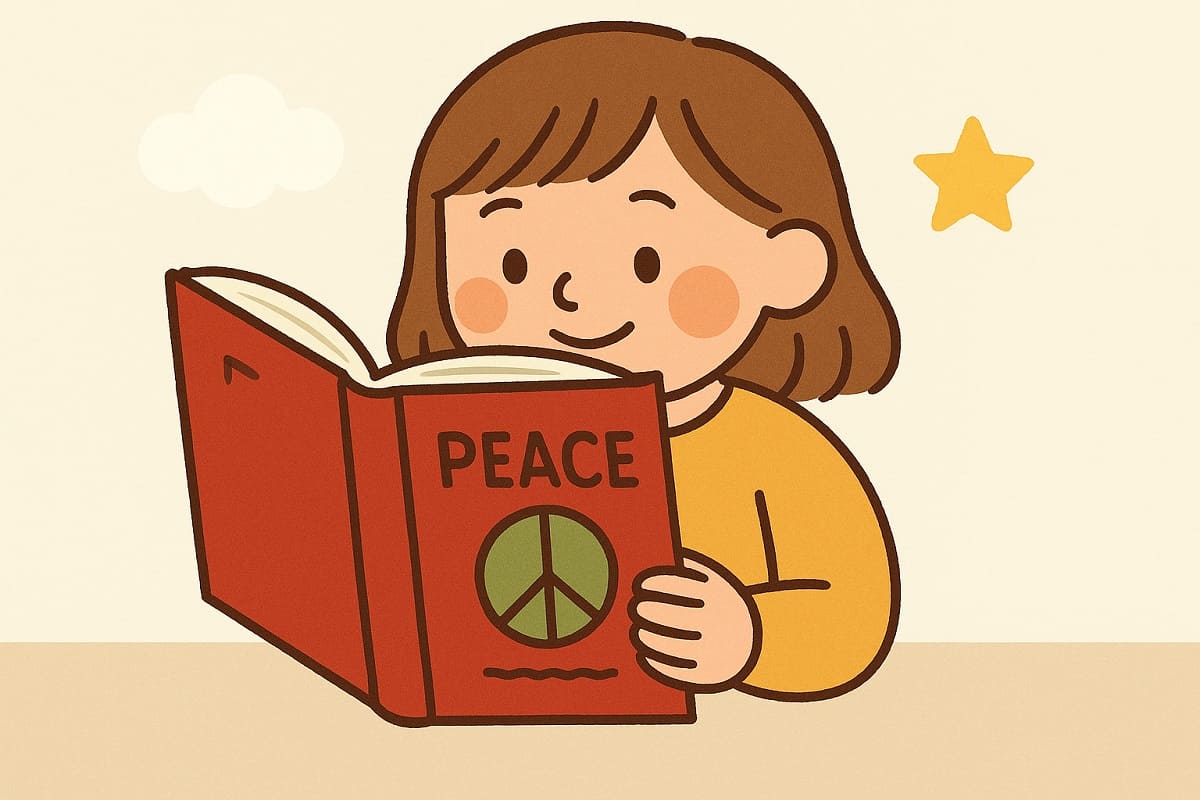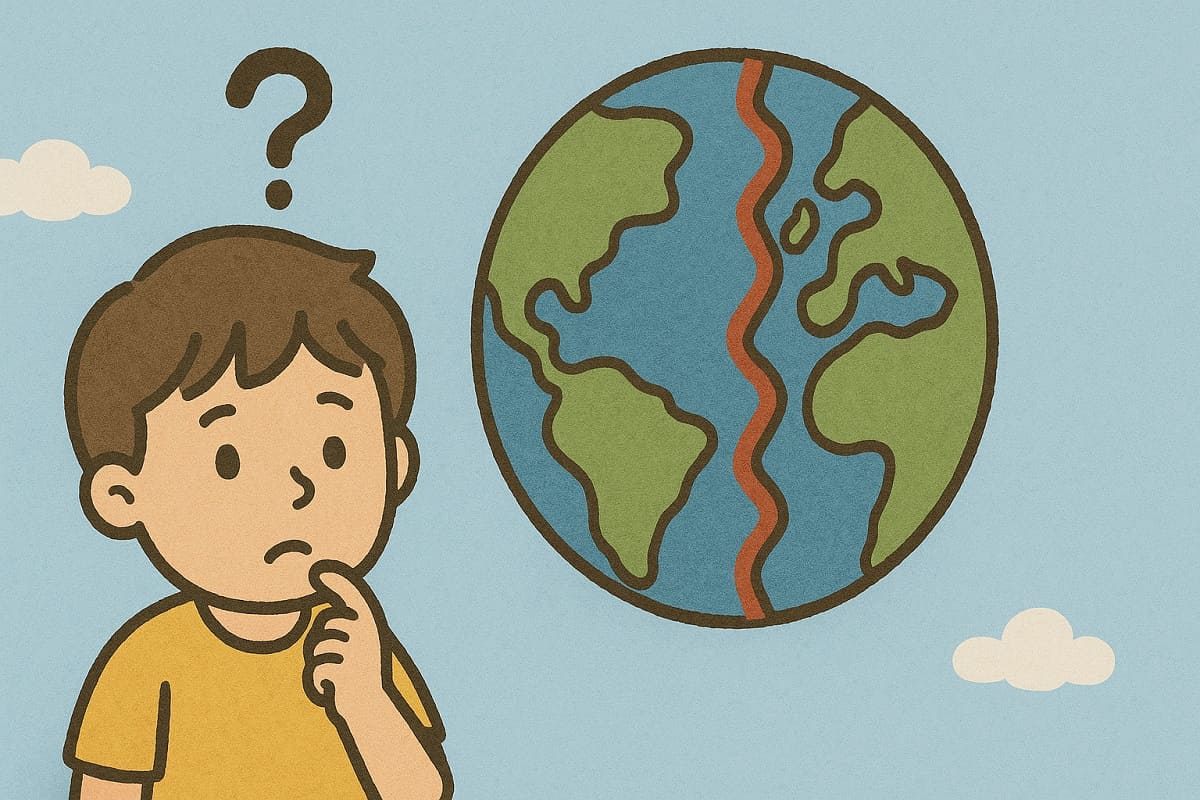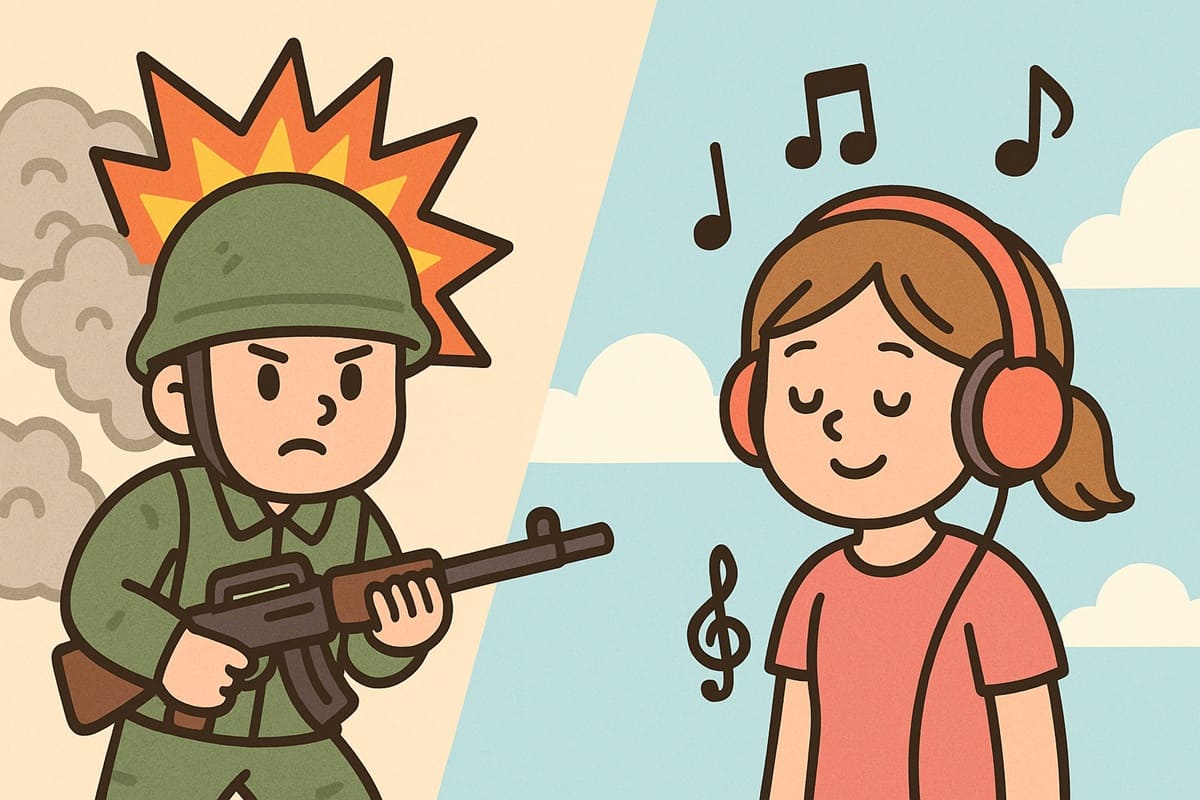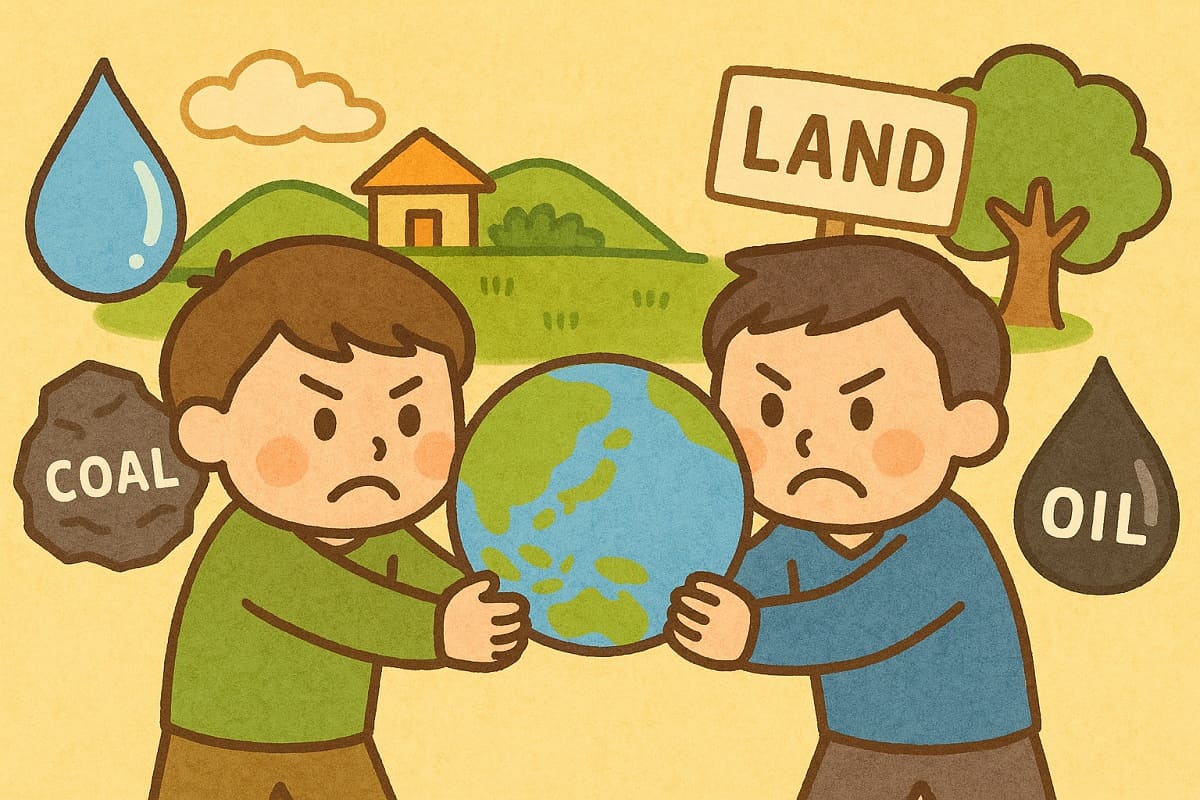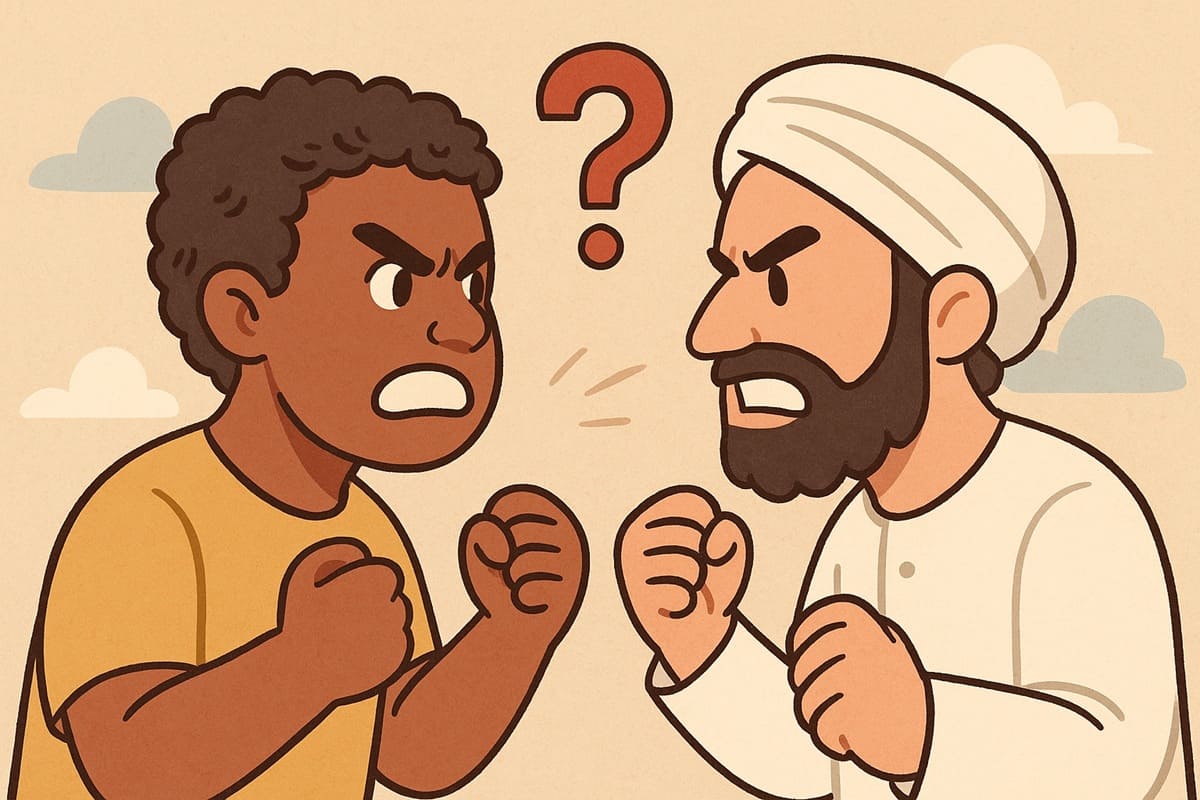Do Nuclear Weapons Really Prevent War?
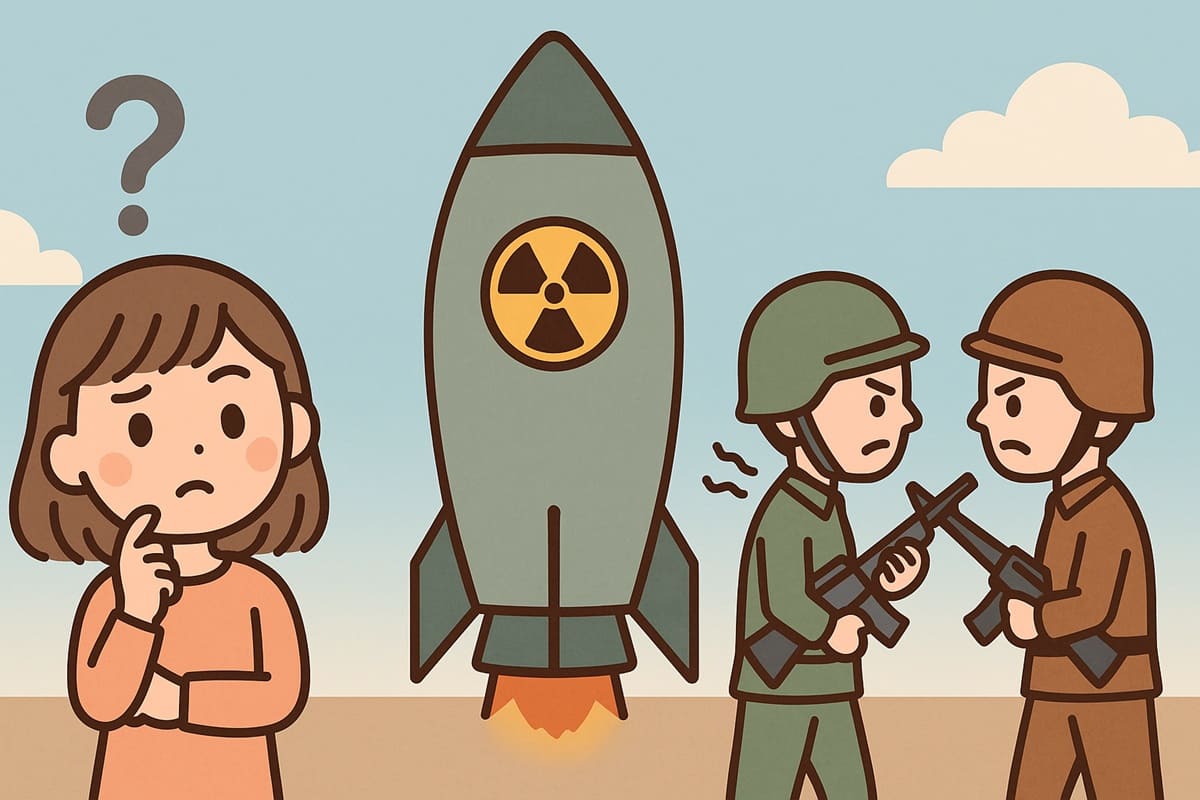
When you hear the word “nuclear weapons,” what comes to mind?
Perhaps “the atomic bombings of Hiroshima and Nagasaki,” or “a terrifying weapon that could end the world in a single strike.”
But how about this question:
“Can nuclear weapons really stop wars from happening?”
In this article, we’ll explore that question based on actual research.
Is it true that nuclear weapons can “prevent war”?
Nuclear weapons have tremendous destructive power. A single bomb can wipe out an entire city and kill hundreds of thousands of people.
Any country that uses such a weapon would face not only massive criticism from around the world but also serious risks and consequences.
That’s why many countries have come to think, “If the other side has nuclear weapons, we better not attack them.”
This idea is called nuclear deterrence—the belief that “because nuclear weapons are so dangerous, it’s better not to start a war in the first place.”
For example, during the Cold War, the U.S. and the Soviet Union never went to war directly. Many experts believe it’s because both had nuclear weapons and knew that if either attacked, both sides would face destruction.
Are nuclear weapons the key to safety?
At first glance, it might seem like having nuclear weapons means a country is safe.
But the reality isn’t so simple.
Let’s consider a few different scenarios to explore what might happen if your had nuclear weapons.
Scenario 1: Your country has nuclear weapons, and the enemy does not
In this case, the opposing country might hesitate to attack your country, fearing nuclear retaliation.
In other words, if the enemy doesn’t have nuclear weapons, your country’s nuclear weapons might act as a strong deterrent.
For instance, Israel, which has faced frequent conflicts with neighboring countries, secretly developed nuclear weapons. Some believe this has provided a certain level of deterrence against attacks.
Scenario 2: Both your country and the enemy have nuclear weapons
In this case, both sides would understand that “if we use nuclear weapons, we’ll be destroyed too.” So nuclear war becomes less likely.
However, that doesn’t mean they won’t fight with conventional weapons (like tanks and missiles).
Because both sides fear mutual destruction from nuclear weapons, the weapons become practically unusable.
In fact, both India and Pakistan possess nuclear weapons, yet they have repeatedly engaged in small-scale clashes along their border.
Scenario 3: Your country has no nuclear weapons, and the enemy does
This might seem like the most worrisome case. But even then, it’s not easy for the enemy to use nuclear weapons right away.
That’s because nuclear weapons are considered “inhumane weapons” and are heavily criticized internationally.
If a country uses nuclear weapons, it could face global condemnation and severe economic sanctions.
So even a nuclear-armed nation cannot use them lightly.
For example, Russia has not used nuclear weapons during its invasion of Ukraine since 2022.
Can a country be attacked just for trying to build nuclear weapons?
Some countries try to develop nuclear weapons as a way to prevent war.
But ironically, just trying to build nuclear weapons can actually trigger war.
For example, in June 2025, Israeli and U.S. forces launched a preemptive strike on Iran’s nuclear development and military facilities.
This shows that even attempting to acquire nuclear weapons can be seen as a dangerous move and may lead to attack.
It’s a troubling contradiction:
A country might say, “We’re building nuclear weapons to prevent war,” but others might respond, “You’re building them, so we have to attack you.”
Are nuclear weapons really necessary?
As we’ve seen, nuclear weapons may have the power to prevent war, but they also carry the risk of causing war.
What’s more, if they’re used, they cause massive human casualties and long-term damage to the Earth’s environment.
In fact, many countries around the world now believe that nuclear weapons are inhumane, and movements to eliminate them are growing.
Japan, as the only country to have suffered atomic bombings, has upheld the Three Non-Nuclear Principles—not possessing, producing, or permitting nuclear weapons.
At the same time, Japan has relied on the U.S. nuclear umbrella for its security.
Looking ahead, we must carefully discuss whether the world should continue to rely on nuclear weapons to stop wars, or whether we should instead pursue peace through dialogue and international rules.
Main References
- Brodie, B. (1946). The Absolute Weapon: Atomic Power and World Order. New York: Harcourt, Brace.
- Waltz, K. N., & Sagan, S. D. (2012). The Spread of Nuclear Weapons: A Debate. W. W. Norton & Company.
- Ganguly, S., & Hagerty, D. T. (2005). Fearful Symmetry: India-Pakistan Crises in the Shadow of Nuclear Weapons. University of Washington Press.
